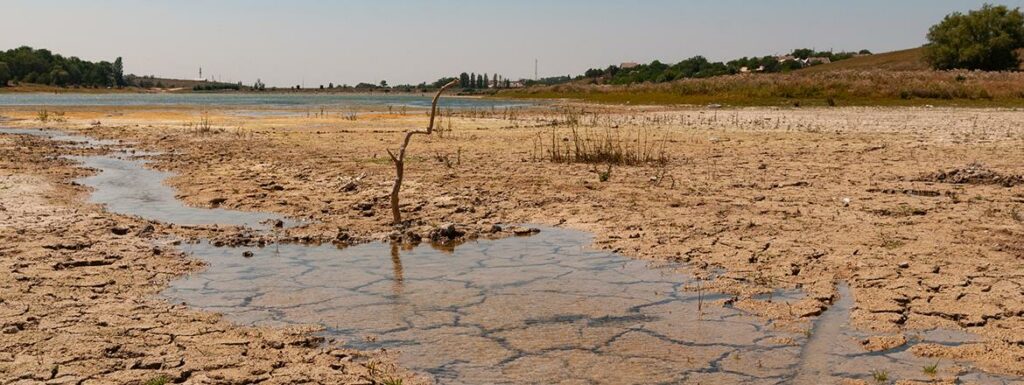“We need to talk about BC’s drought” warns the Narwhal. “As salmon and red cedar suffer during what many are calling Augtober, we’re reminded of the alarming rate at which our climate is changing.” And indeed an extended spell of dryness on what is often described jokingly as Canada’s “wet coast” seems incongruous. Especially since BC was the first jurisdiction in North America to put a carbon tax in place, all the way back in 2008, and wasn’t it supposed to stop things like droughts? But as an alert reader, Ron from Nanaimo points out, evidence shows BC droughts happen regularly and most were worse hundreds of years ago.
A 2015 study by Bethany Coulthard of the University of Arizona and Dan Smith of the University of Victoria used tree ring widths on Vancouver island to reconstruct estimates of streamflow depth over 477 years from 1520 to 1997, which they compared to recent instrumental measurements of drought events including those in 2003 and 2009. Their findings? Drought is not new in BC:
“Our findings suggest that since 1520, 21 droughts occurred that were more extreme than recent ‘severe’ events like those in 2003 and 2009. Recent droughts are therefore not anomalous relative to the ~400-year pre-instrumental record and should be anticipated within water management strategies.”
Combining reconstructed drought measures with modern observations they concluded the worst drought since 1520 was the one that occurred in 1992 (which, though they don’t mention it, was the year Mount Pinatubo caused temperatures on the wet coast to be unusually low all summer). But the real action was in the 1600’s:
“The most extreme droughts recorded occurred in 1651, 1660, and 1665, with an unusual cluster of seven drought years occurring between 1649 and 1667. Only once in the last 440 years have drought conditions persisted for three or more years (1665–1667). None of the reconstructed droughts was more severe than the worst instrumental drought in 1992, when summer streamflow was only 21% of the reconstructed instrumental period mean discharge”.
They also found no evidence of a trend:
“Our results suggest that relative to the preceding 440 years, the magnitudes of extreme droughts in Tsable River did not generally worsen from 1960 to 2009. Frequencies of lowest flow events also did not increase.”
And they add, sensibly, that we’d better assume that droughts are going to happen regularly in the future, as they have in the past:
“The fact that recent ‘extreme’ events fall within a natural range of multi-century variability means that rather than being considered anomalies, extreme droughts should be expected and incorporated into drought management strategies.”
Just in case there are any doubts, we remind you that carbon taxes don’t really prevent droughts.


